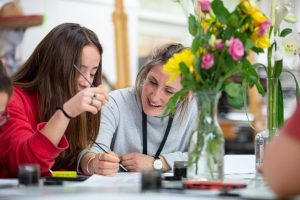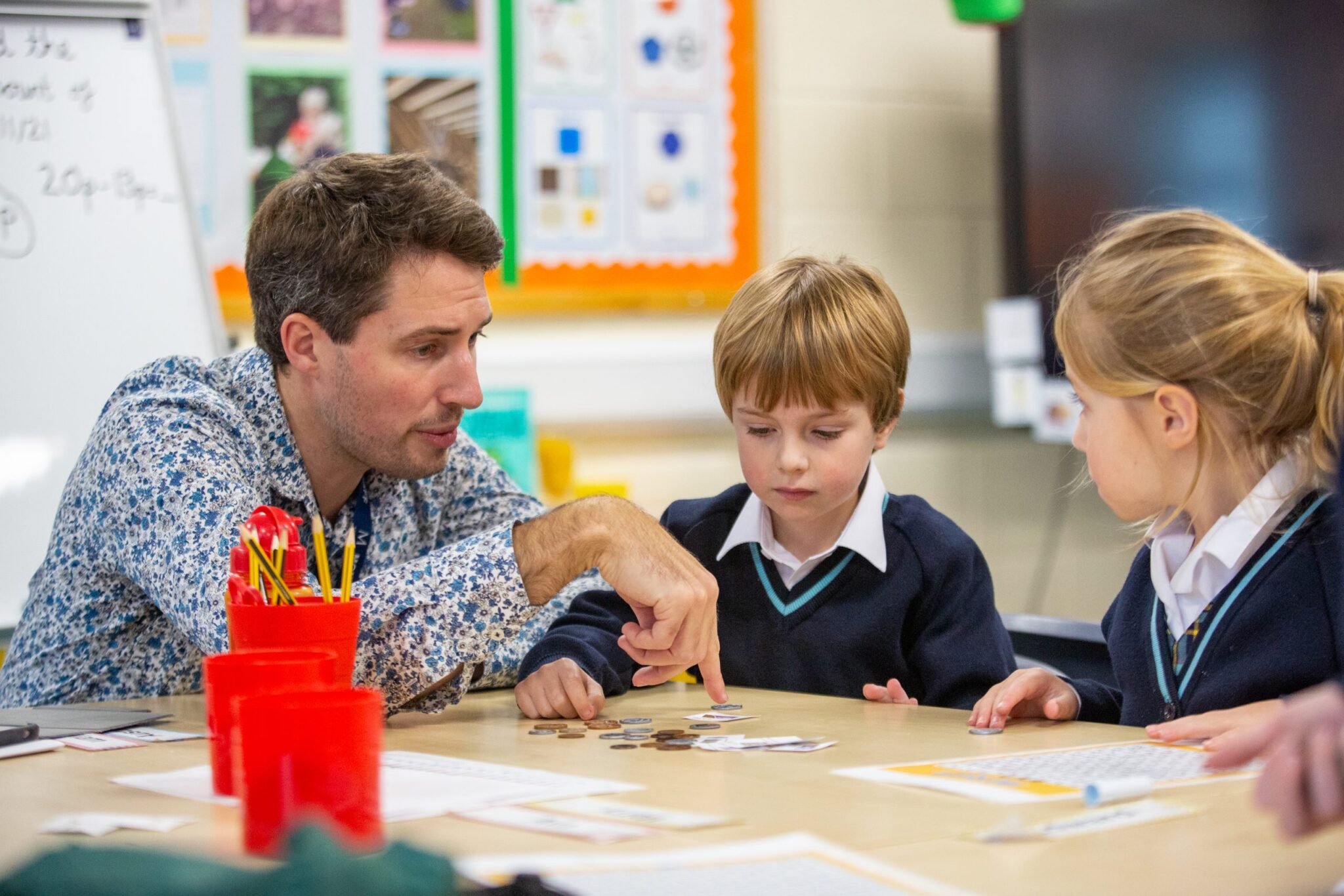Andrea Dow thinks the bond with school needed to be broken and Dan Thompson says schools must acknowledge what’s happened to rebuild trust. Plus a letter from psychologist Dr Helen Care.
A Department for Education adviser on behaviour policy says that the pandemic era lockdowns “broke the spell” of children and parents building their lives and habits around going to school (School leaders in England feel lockdown ‘broke spell’ of bond with parents, 23 November). I argue that, for many, this was a spell that needed breaking.
Lockdown was notoriously unequal in its effects. Some vulnerable children were more exposed to harm in the home, and for others, removing the school routine opened a window on a different kind of learning, driven by curiosity and self-direction. This window has slammed shut. Most have reverted to the view that school attendance should be mandatory and that education can only take place inside school.
The law states that every child must have an education, not that they go to school. Our daughter attends the local comprehensive that is beset by the usual problems – underfunding, understaffing, lack of special needs support, classes not covered by subject specialists. The atmosphere is frequently chaotic and not conducive to learning.
Most teachers are committed, but struggle in a system breaking down from chronic underinvestment and a focus on exam results at the expense of curiosity and love of learning.
Up to 180,000 children were estimated to have been homeschooled in 2023. So why, with so many turning away from school, is it assumed that when a child does not want to go, it is the child in need of fixing?
Andrea Dow
Rothesay, Isle of Bute
While Ofsted and teachers are quick to blame parents, we mustn’t forget the changed relationship follows a time when many pupils and parents were badly let down by schools and the government. During Covid, not only exams were disrupted, but all normal school activity stopped. So a student who joined a school in 2019 or 2020 missed the usual bonding experiences such as school shows and trips. Home learning often happened with no support (those laptops for poorer pupils never did arrive here in Kent). There was the chaos of lockdown tiers and ill-conceived school bubbles. There were no chances for parents to meet teachers face-to-face.
And then students were pushed back into schools as if nothing had happened. Schools need to acknowledge what’s happened to rebuild trust, and co-create a different – and better – contract with parents.
Dan Thompson
Ramsgate, Kent
As a clinical psychologist working with young people, and as a parent of primary school children, I think it is important to acknowledge that lockdown broke not just the spell for parents but also for children. Prior to lockdown, when I worked with children who were struggling to attend school due to anxiety, the motivation to return to school was rarely hard to find. School was what you did, therefore we were working on how to make it happen.
Now, young people view school as optional, and to get them back through the door, I first have to work on why they would want to go. We have to seize this as an opportunity to recast the “spell” better and stronger, so that school works for everyone. Start by bringing some joy into schools – for children, parents and educators. It would go a long way to making it easier for young people to see what the point of it is.
Dr Helen Care
Oxford



